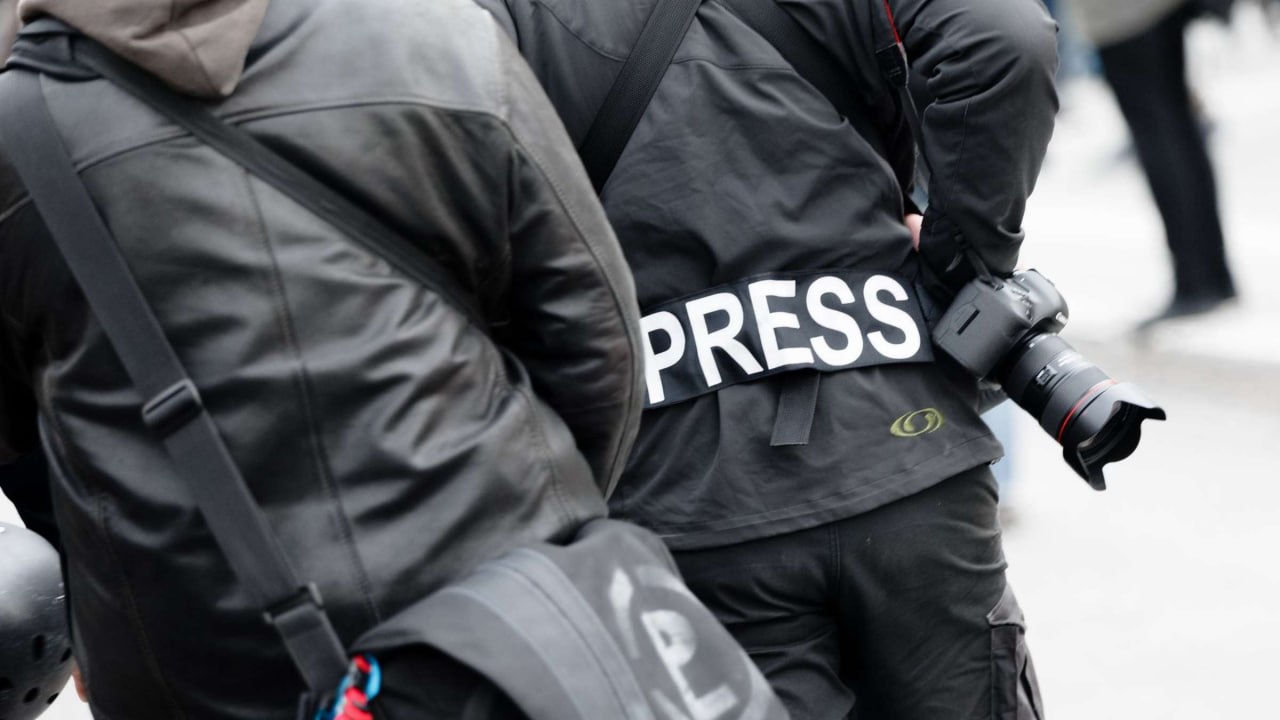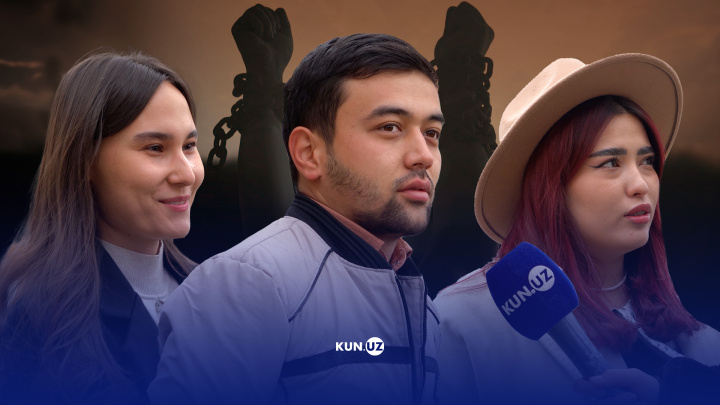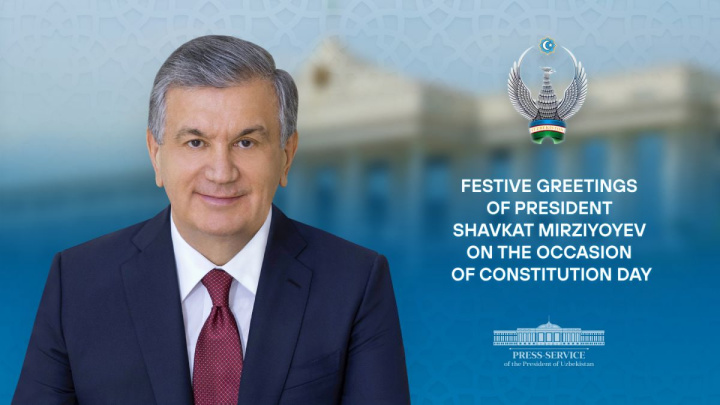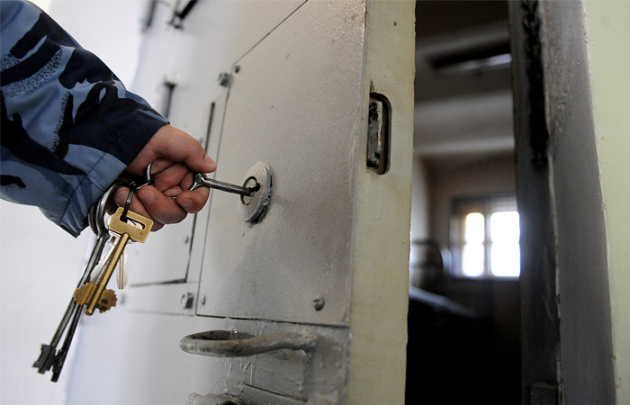Constitutional demand: Individuals who intervene in the activities of journalists will be held accountable
The updated constitution of Uzbekistan stipulates that interference in the activities of two professions causes liability: the first – media workers, and the second – judges.

Photo: dpa
In the new version of the Constitution of Uzbekistan, which came into force on May 1, some changes have occurred in the articles on freedom of speech and mass media.
Article 29 of the previous version stated as follows:
Everyone has the right to freedom of thought, speech and belief. Everyone has the right to seek, receive and disseminate the information they want, with the exception of information directed against the existing constitutional system and other restrictions established by law.
Freedom of thought and expression may be limited by law only if it concerns state secrets and other secrets.
These provisions were reflected in Article 33 of the new constitution as follows:
Everyone has the right to freedom of thought, speech and belief.
Everyone has the right to seek, receive and impart information.
The state creates conditions for ensuring the use of the Internet global information network.
Restricting the right to seek, receive and distribute information is only allowed within the scope of necessity in accordance with the law and for the protection of the constitutional system, public health, social morality, rights and freedoms of other persons, public safety and public order, as well as prevention of disclosure of state secrets or other secrets protected by law.
At the same time, it is necessary to clarify the concept of “social morality”, which is the basis for the restriction of the right to freedom of speech. Until then, there was no such concept in the legislation of Uzbekistan. Norms of restriction of freedom of speech in order to maintain public order are not clearly defined by law. At this point, it is appropriate to mention that under the new constitution, all ambiguities will be resolved in favor of the individual.
Article 67 of the previous version was devoted to mass media and was as follows:
The media is free and operates according to the law. They are responsible for the correctness of the information.
Censorship is not allowed.
The new version includes two articles related to mass media:
Article 81. Mass media are free and operate according to the law.
The state guarantees the freedom of media activity, their rights to seek, receive, use and disseminate information.
Mass media are responsible for the reliability of the information they provide.
Article 82. Censorship is not allowed.A
Obstructing or interfering with the activities of the mass media is a cause of liability in accordance with the law.
According to the law adopted in the referendum on May 30, the Cabinet of Ministers is tasked with developing the program of adapting the legislation to the new constitution within 2 months and introducing it to the Oliy Majlis.
The issue of defining responsibility in the codes for obstructing or interfering with the work of journalists should also be included in this program.
As Kun.uz wrote earlier, since 4-5 years ago, the issue of determining punishment for opposition to the activities of media workers has been raised a lot against the background of a number of events, but no positive solution was found. As a result, cases of their obstruction have been observed.
As early as 2019, the draft law on the introduction of liability for obstructing journalistic activity was discussed. In 2020, another bill was announced to introduce liability.
At the beginning of 2021, another project was announced – the new version of the Criminal Code. It also provides for the introduction of liability for obstructing the journalist’s activity. However, none of the above projects have been accepted so far.
In 2020, the issue discussed in the parliament – establishing responsibility for not providing information to the mass media or providing incorrect information – was also left on paper.
The 2022 state program also included the establishment of liability for illegal interference and obstruction of media activities, including censorship by officials, exerting pressure on editorial staff, and illegal seizure of materials and technical equipment from them, but it was not implemented.
Related News

18:08 / 10.12.2024
Survey: Which organizations defend human rights in Uzbekistan?

14:40 / 07.12.2024
President Mirziyoyev congratulates the people of Uzbekistan on Constitution Day

12:02 / 07.12.2024
President Mirziyoyev pardons 483 convicted individuals

15:39 / 02.12.2024



